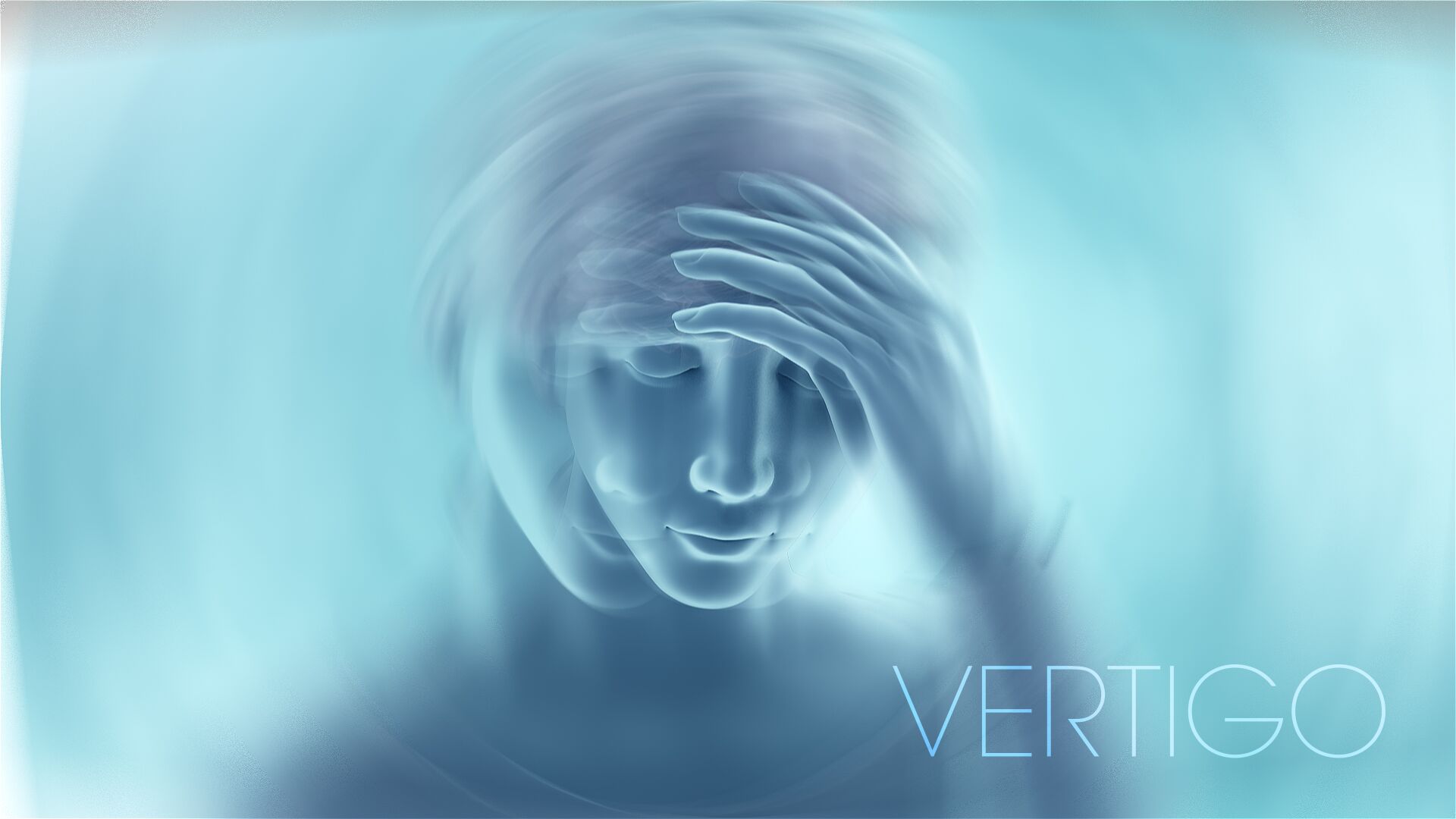A vertigo patient experiences a sense of spinning even when he is still. This dizziness is often accompanied with nausea or vomiting, headache, double vision or a racing heartbeat.
Causes
Causes of vertigo could be central (arising in the brain or spinal cord) or peripheral (due to problems in the inner ear). When the input from any of these body parts is abnormally processed by the central nervous system, it can result in vertigo.
- Infection or inflammation of the inner ear (labyrinthitis) could be due to calcium deposits in the inner ear canals as an outcome of head injury or trauma. The displacement of calcium crystals irritates the small hair cells within the semicircular canals, leading to vertigo. The condition is known as benign paroxysmal positional vertigo (BPPV). Viral infections in the inner ear could lead to Meniere’s disease, in which there is buildup of fluid and pressure in the inner ear, producing a ringing sound and even hearing loss, besides dizziness. People with this condition have the abrupt onset of severe vertigo and fluctuating hearing loss between symptom-free periods.
- Brain injuries or migraines, too, may cause vertigo (central vertigo). Disorders such as multiple sclerosis, Parkinsonism could also lead to central vertigo. Central vertigo improves gradually or may not do so at all compared to that caused by peripheral disturbances.
Neurochemistry of Vertigo

6 neurotransmitters have been identified between the three-neuron arc that drive the vestibulo-ocular reflex (VOR).
- Glutamate maintains the resting discharge of the central vestibular neurons and may modulate synaptic transmission in all three neurons of the VOR arc.
- Acetylcholine is the excitatory neurotransmitter in both the peripheral and central synapses.
- Gamma-Aminobutyric acid (GABA) is believed to inhibit the connections between the two parts of medial vestibular nucleus, the cerebellar Purkinje cells and the lateral vestibular nucleus, and the vertical VOR.
- Dopamine may accelerate vestibular compensation.
- Norepinephrine modulates the intensity of central reactions to vestibular stimulation and facilitates compensation.
- Histamine is present only centrally, but its role is unclear.
Dopamine, histamine, and acetylcholine produce vomiting. Centrally acting antihistamines modulate the symptoms of acute vertigo.
Treatment
Definitive treatment depends on the underlying cause of vertigo. Some cases do not require any treatment as they improve over time.
Vertigo caused by BPPV can be treated by exercise and physical therapy.
In case of vertigo caused by Meniere’s disease, a low-sodium diet along with a diuretic may be prescribed to decrease fluid pressure in the inner ear. People with Ménière’s disease, and migraine-associated dizziness are observed to cope with vertigo through diet modifications, too. Avoiding nicotine may also reduce symptoms.
Surgery comes as the last resort to cure peripheral vertigo. Surgical procedures for peripheral vestibular disorders are either corrective (with a goal to repair or stabilize inner ear function) or destructive (with a goal to stop the production of sensory information or prevent its transmission from the inner ear to the brain).

Migraine
A migraine is a headache disorder that is usually identified by recurring headaches that may be both mild or severe. Read More..








